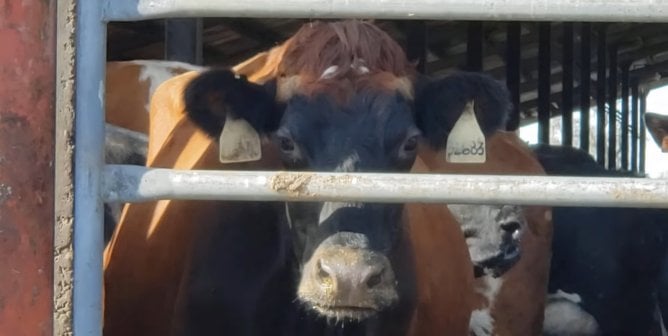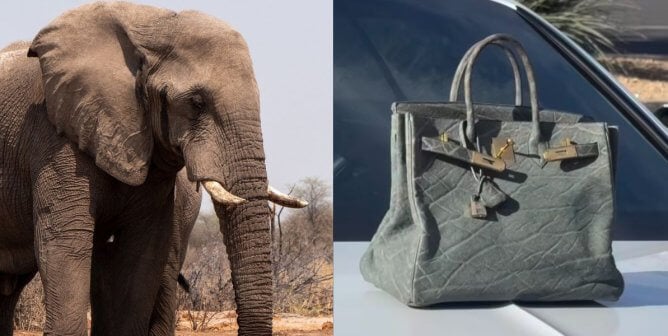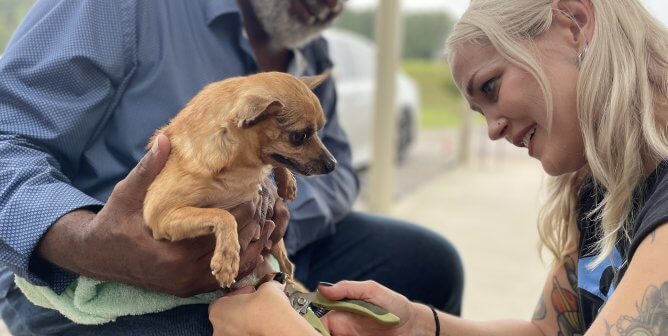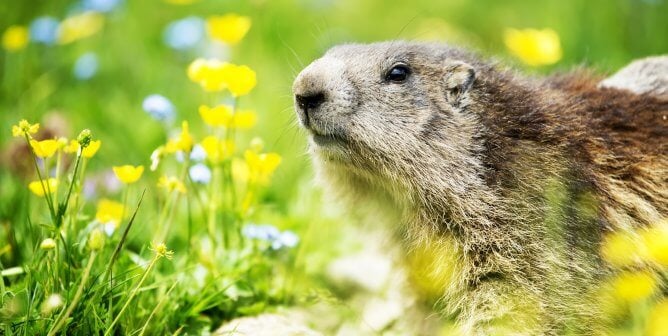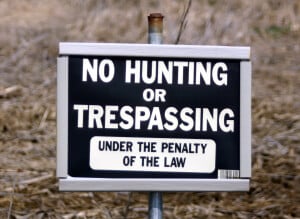 I consider myself an outdoor enthusiast and will gleefully take on any challenge that nature can throw at me: scaling ever higher mountain peaks, hiking across continents or whitewater rafting. Overcoming my fears and pushing the limitations of my body past what I thought was possible—that’s the best feeling of victory that I can imagine. My trophies are the blisters on my feet and the sight of a sunrise from 14,000 feet above sea level captured on my iPhone. I don’t need a head on my wall or to watch an animal needlessly bleed to death in order to feed my ego.
I consider myself an outdoor enthusiast and will gleefully take on any challenge that nature can throw at me: scaling ever higher mountain peaks, hiking across continents or whitewater rafting. Overcoming my fears and pushing the limitations of my body past what I thought was possible—that’s the best feeling of victory that I can imagine. My trophies are the blisters on my feet and the sight of a sunrise from 14,000 feet above sea level captured on my iPhone. I don’t need a head on my wall or to watch an animal needlessly bleed to death in order to feed my ego.
I’m tired of hearing the same defensive arguments from hunters, who actually constitute only 5 percent of U.S. adults. (They’re just really loud.) Look, if killing cornered animals with enough firepower to take out a small nation compensates for the lack of power that you feel in the rest of your life, just say so. But don’t perpetuate myths about hunting that don’t hold up. My favorites of the bunch include the following:
-
It’s better to eat animals who lived in the wild their entire lives than it is to eat animals from a factory farm.
This argument confounds several issues. First, anyone with a brain knows that the factory-farming system is a problem for the animals, the environment, and our health. Eating almost anything is a better option. But let’s drop the BS: Hunters are not killing animals primarily to feed their families. Meat from a kill is a byproduct, yes, but hunting is a “sport”—and an expensive one at that. And I’m not just talking about the $10,000-a-head safari hunters—big-game hunters actually spent more than $4 billion in 2011 on “special equipment” (items such as dune buggies and snowmobiles) and another half-billion on taxidermy alone. Tell me that’s all in the name of putting good-quality food on the table. A third of all hunters go for small game, as in squirrels and raccoons—and I just don’t believe that grilled ‘possum is being served at 4 million dinner tables.
-
Hunting is necessary to keep down the population of “pests.”
Let’s not forget that we are encroaching on land that was the home range of those “pests” in the first place by building highways, developments and strip malls. When we take more and more land away from animals, of course they’re going to venture onto “our” roads and farms. A much more humane way of dealing with the problem is through sterilization, which has been proved to work by ecologists. Hunting actually increases the population problem by killing off the oldest male animals for their trophy quality while leaving the females and young to—guess what?—expand the population.
-
Kids should learn early that nature is harsh.
Yes, animals experience pain and suffering. But they also have complex lives that include time for play, tenderness, and care. Watching dolphins leap into the air from a kayak just a few feet away can teach far more about the natural world than shooting a frightened animal with a high-powered rifle can. I want to teach my kids about respecting all life and not taking what isn’t theirs just as much as I want to teach them about keen observation and physical endurance. Besides, killing animals doesn’t teach kids that nature is cruel—it teaches them that humans are cruel. And sadly, that’s a lesson that kids will learn all too soon anyway.
Text VEG to 73822 to get the latest vegan lifestyle tips, recipes, and urgent action alerts texted right to your phone.
Terms for automated texts/calls from PETA: https://peta.vg/txt. Text STOP to end, HELP for more info. Msg/data rates may apply. U.S. only.



